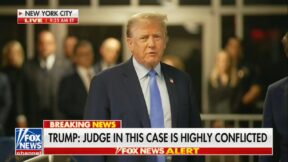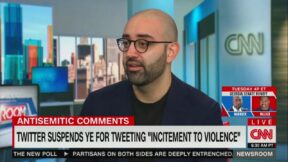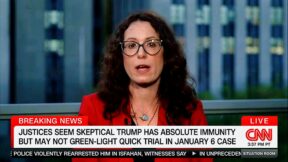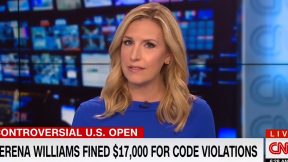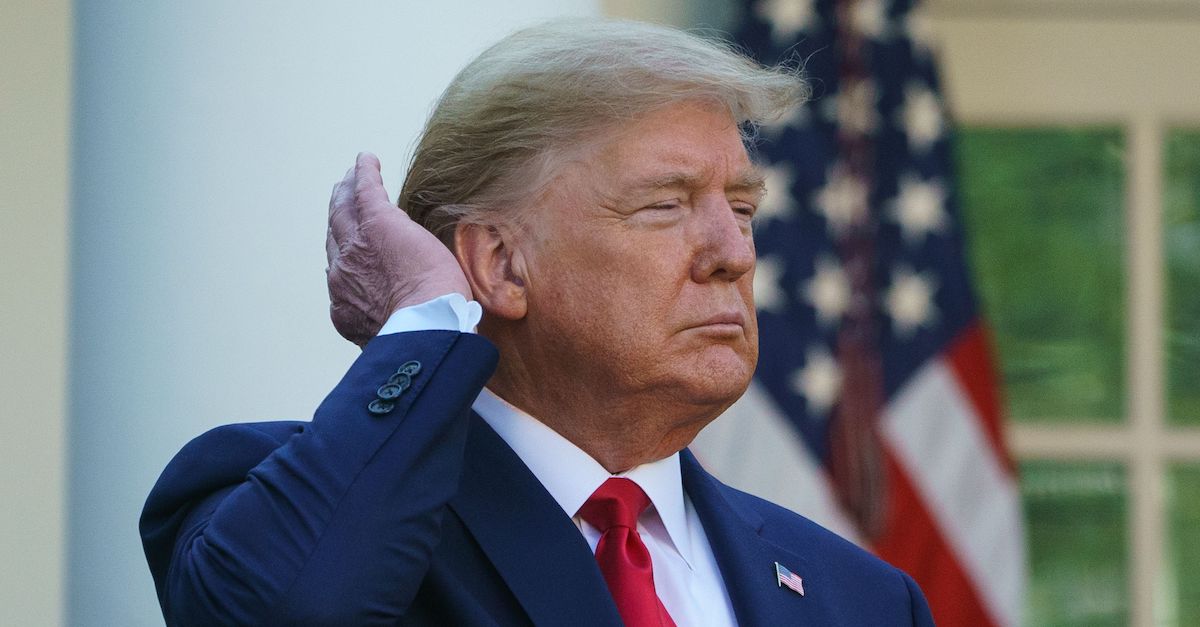
MANDEL NGAN/AFP via Getty Images
Outgoing President Donald Trump and his family were not among the 143 11th-hour pardons issued shortly after midnight on Trump’s last day in office, leading many to fret that he could still issue secret “pocket pardons” that only come to light when the recipients are charged with crimes.
The flurry of pardons had some breathing a sigh of relief that Trump hadn’t included himself in this latest batch, and while others noted that the day was still young, MSNBC host and Congress Nerd Lawrence O’Donnell raised another concern.
“Don’t trust the list,” O’Donnell wrote. “Trump doesn’t have to reveal the names of anyone he pardons. Trump can issue SECRET PARDONS. Trump can pardon himself & his family and keep that secret until they are charged with federal crimes.”
Don’t trust the list.
Trump doesn’t have to reveal the names of anyone he pardons.
Trump can issue SECRET PARDONS.
Trump can pardon himself & his family and keep that secret until they are charged with federal crimes.
— Lawrence O’Donnell (@Lawrence) January 19, 2021
O’Donnell isn’t alone in this concern. MSNBC legal analyst Glenn Kirschner wrote that secret pardons “are reprehensible but there is no legal requirement of which I am aware that they be made public in order to be valid.”
I think pocket (secret) pardons are reprehensible but there is no legal requirement of which I am aware that they be made public in order to be valid. https://t.co/kxh6f5zihX
— Glenn Kirschner (@glennkirschner2) January 19, 2021
Former Nixon White House Counsel John Dean raised the possibility of a “pocket pardon” as well.
Former Acting Solicitor General and MSNBC analyst Neal Katyal threw some cold water on the idea, writing “I think secret pardons are constitutionally dubious (since the whole reason the pardon power is virtually unlimited is that Presidents are publicly accountable for them). But here it doesn’t matter, even if Trump tried secret pardons, Biden could make them public the next day.”
I think secret pardons are constitutionally dubious (since the whole reason the pardon power is virtually unlimited is because Presidents are publicly accountable for them). But here it doesn’t matter, even if Trump tried secret pardons, Biden could make them public the next day. https://t.co/Mae4GwfPcU
— Neal Katyal (@neal_katyal) January 19, 2021
So, can Trump really issue secret pardons, or is this one of those things like “Undercover cops have to tell you they’re cops if you ask them directly” or “I don’t have to wear a mask because I have this official card?”
The answer is: kind of. Pocket pardons are like self-pardons in that everyone agrees a president can try them, but nobody knows if they’ll work.
Newsweek took a crack at fact-checking the pocket pardon, and came up with this from Laurence Tribe:
“I certainly can’t say that they are clearly impermissible, but I can say that I think that there is at least a Constitutional cloud over them,” Harvard Law Professor Laurence Tribe said.
For one thing, they would be difficult to authenticate.
“There would be no way to prove it was issued on a certain date in an official capacity,” Tribe said. “If invoked at the time an indictment or prosecution is brought, that would open the possibility for a Constitutional test of whether secret pardons are permitted.”
Additionally, Tribe said the nature and purpose of pardons implies a public acknowledgment of wrongdoing and forgiveness.
“They were supposed to be accompanied with either a confession of guilt or that they implied that the person who accepts the pardon is willing to publicly admit guilt,” Tribe said. “And the fact that there’s no indication in the discussion of the Constitution when the pardon power, which is already pretty sweeping and subject to abuse, could be hidden behind a veil of secrecy, I would argue that it’s validity is up in the air.”
Tribe and others have also pointed out that a secret pardon carries the risk of backfiring and implicating the issuer in obstruction of justice.
Newsweek wound up ruling that it’s “mostly true” that Trump can issue secret pardons, but the real answer appears to be the same as that of the self-pardon question: F— around and find out.
Have a tip we should know? tips@mediaite.com
